Whether you are a child or an adult, a visit to the beach is always exciting because it's a landscape that changes constantly. The moon controls the tides which twice daily, or sometimes more, deliver and remove shells, stones, plants and animals. Nothing is static on the beach.
If the beach has rock pools the adventure is even more thrilling. These miniature worlds are teeming with life and drama. They are subject to violent changes – think of a tsunami that sweeps across the pool when the tide comes in so that eventually it disappears and becomes one with the surrounding surf. Yet when the tide goes out the rock pool appears once more, seemingly calm and unchanged. But that's an illusion.
Life in the rock pool is the equivalent of the most dramatic soap opera you could ever see on your TV. Life, death, the struggle for survival, the threat of eviction – it’s all there!
With a little knowledge and care children and adults can see into the strange and magical world of the rock pool.



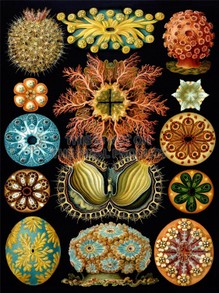
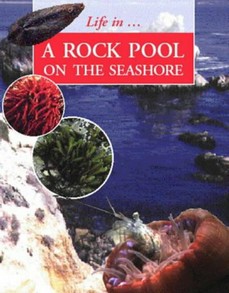
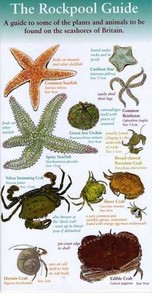



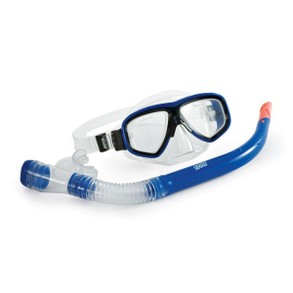



 How to Choose a Walking Cane or Stickon 08/01/2014
How to Choose a Walking Cane or Stickon 08/01/2014
 Michael Miller Fabulous Fabric Swatches for Quilting, Crafts etcon 07/02/2014
Michael Miller Fabulous Fabric Swatches for Quilting, Crafts etcon 07/02/2014
 The Flâneur - Symbol of Modernity in 19th Century Parison 05/09/2014
The Flâneur - Symbol of Modernity in 19th Century Parison 05/09/2014
 Cycling For Seniors - Cycling In Retirement for Fitness, Fun and Friendson 04/26/2014
Cycling For Seniors - Cycling In Retirement for Fitness, Fun and Friendson 04/26/2014
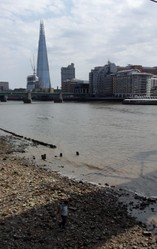
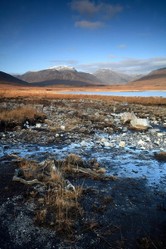
Comments
Certain shells are more common on the West coast, such as razor clams, but these are found in beaches rather than rock pools.
I can recall taking you rockpooling on Welsh beaches when you were little, with you and our two brothers clambering over rocks as we sought interesting pools. Our parents took the chance to take it easy, as they left the rock pool expeditions to me. A much deserved rest!
East coast Britain has no shells on the Norfolk coasts at all. It was always disappointing for the children that there were no shells although the rock-pools on the Norfolk coasts are wonderful.
Kathleen ...I love the Skegness railway poster; social history in a nutshell .
West Britain has rockier shores than East Britain has, so the west is where the best rock pools are. North Wales has many rock pools.
We have no rock pools here simply because we have no rocks. This area is flat alluvial soil and the beaches are sand. I have seen pools in the sand but they are subject to drying out between tides, so the species are limited.
I do so agree with you Frank!! Yes, we can still wonder and delight. And there's always things to learn - that's the joy of it all! :)
Absolutely right about snorkel and mask, Kathleen.
Has it not occurred to us that everyone responding to this article with such innocent enthusiasm is young at heart? Maybe our bodies are not what they were, but we have not lost our inner child. We can still wonder and delight!
That rock pool sounds amazing Frank! Definitely sounds good for the snorkel and mask.. :)
My first encounter witht rock pools was not on natural rock, but on a broken sea wall on a beach in Rhyl. They were just as good as natural pools.
However, if you want great rock pools, try Woolacombe Beach in Devon. There is one there big enough for a canoe to be floated.
It sounds great! Thanks for your comments Mira. :)
Thanks, Kathleen! :-) I'll have to go back to that place :-)